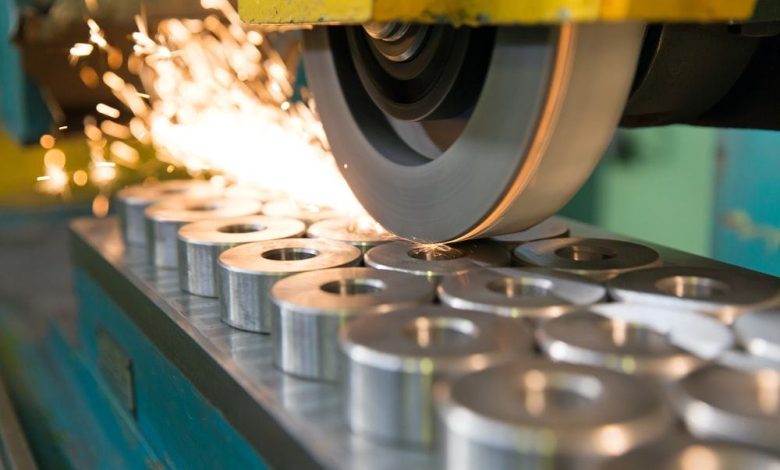Metal Finishing for Steel Tubes & Pumps

Electroless nickel plating (ENP) is one of the methods used to finish steel tubes and pumps. Businesses rely on industrial coating services in Texas to protect substrates from corrosion, enhance mechanical properties, and improve the integrity of the overall structure of which the tubes and pumps will be a part.
Before ENP, people would use electrolytic plating to deposit nickel — an element known for its durability and versatility — into substrates. However, it often led to irregular thickness and coverage. ENP addresses this issue.
The Process Of ENP
An electroless nickel plating shop wouldn’t need electric current to form a nickel deposit. Instead, what they’d do is an auto-catalytic or self-sustaining chemical process.
They would prepare a bath or water solution that contains a reducing agent that will create a reaction with the metal ions to deposit an alloy of nickel and, typically, phosphorus. Once prepared, they would only need to dip the tube or pump into it.
The Perks Of ENP
Because the solid is submerged in the solution, a finishing company in Texas that uses ENP will be able to generate an evenly-coated surface. The nickel will follow the object’s geometric shape. The resulting density and thickness will be consistent across the surface.
To ensure the coating’s quality, the object must be clean and dirt- and debris-free. Proper preparation of the solid material and the chemical bath is needed to achieve optimal results.
Apart from the excellent surface finish, ENP offers these advantages:
Less wear and tear. Nickel plating prevents corrosion and other forms of damage in substrates. Because ENP produces consistent thickness, your substrates will also have improved corrosion resistance. If your pumps and tubes are subjected to atmospheric conditions, extreme temperatures, and other corrosive substances, you need to get industrial coating services in Texas.
Long-lasting adhesion. The auto-catalytic process involved in ENP forms a strong bond between the alloy and the surface. Doing this helps prolong the lifespan of the object coated by the alloy.
Flexibility. Nickel is ideal because it can be applied to various materials — including copper, steel, stainless steel, brass, aluminum, and titanium. You can also use it on conductive and non-conductive surfaces, regardless of their shape. This kind of flexibility makes ENP the go-to method of several industry players, including those in automotive and aerospace.
Improved material hardness and lubricance. The nickel-based alloy deposited to steel tubes and pumps enhances their hardness and lucribity. Improving both aspects is especially beneficial if the substrates are in a stressful and abrasive environment.
Suitable for bigger objects. Today, you can find an electroless nickel plating shop that can finish the surfaces of objects that are bigger than what is usually coated through ENP. Even if your pump or tube is 40 feet long, there will be a shop that can cater to your needs.
Reduced electrical costs. As stated, ENP doesn’t call for electrical power. The process is self-sustaining: The chemicals in the bath and the substrates will interact to create an adhesive protective layer.

